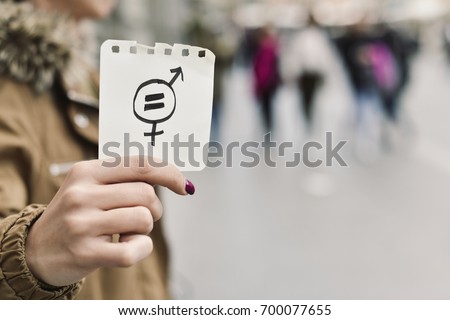Why does this Matter?
In order to understand why it would behoove the NFL to expand the “Female Rooney Rule” as well as implement a more inclusive coaching summit, we must first understand the consequences if the NFL fails to change its chauvinistic habits. In its current state, the NFL promotes hyper masculinity through its praise of extreme aggression on the field. This constant praise for players to be dominant and overly aggressive may work on the field, but off the field it has unfortunate consequences. NFL players’ constant association with violence and aggression can lead to problems managing these traits in their personal lives. An all too common trend among NFL players is acts of violence towards their significant others and children, and the root of this problem may be in the overly masculine culture in which they operate in on a daily basis in the NFL. When NFL players are constantly rewarded for showing stereotypically masculine traits like aggression“it isn’t hard to understand why these players have problems with physical violence, aggression, and intimate relationships off the field” (Meyer). This violent manifestation of masculine culture not only personally impacts the victims of these attacks, but also sets a poor example for acceptable behavior on a public basis. Whether or not it is wise for sports figures to be viewed this way, countless young boys and girls look up to professional football players as role models. This idolization of NFL players becomes problematic when top NFL players like Ray Rice and Adrian Peterson are found guilty of domestic and child abuse, as fans, particularly young ones, see their idols committing heinous acts of violence and may misconstrue them as acceptable. It will become increasingly difficult for the NFL to maintain its popularity and, consequently, its advertisers, as our society to advances the values of affirmative consent, communication as opposed to violence, and inclusion, but NFL players act in an overly aggressive fashion (Meyer). By increasing the number of women making policy decisions and influencing players on a daily basis through coaching, NFL player will be less exposed to hyper masculinity and the NFL can begin to rid itself of the hyper masculine culture which is at the root of its domestic violence issue.

There is obviously no prominent school of thought which argues that domestic violence is ethical, but the argument has been made that under deontic reasoning, the NFL is no more unethical than our society as a whole. Some argue that “for all the NFL’s failures on the issue, its players are still [statistically] less likely to be arrested for domestic violence and sex offenses than males of the same age” (Vasilogambros). Under the premise that NFL players are less likely to commit a violent offense against women than the average man, one could argue that the NFL is no more unethical than the general population on the issue of domestic violence, and that an increase in women to change the NFL’s culture surrounding domestic violence is unwarranted. The burden does not fall on women to solve the issue of domestic violence, but their presence in the NFL will serve to remedy the hyper-masculinity which is rampant amongst NFL locker rooms and front offices. This counterargument fails to understand the scope of the NFL’s influence. The NFL, as a prominent fixture in our culture, should lead the way in eradicating these heinous crimes, and to ignore the problem would be unethical. Just because the NFL’s issue with domestic violence is not as bad as the general population’s issue, it does not mean that progress should not be made and that the subject of domestic violence is not a pressing topic.
